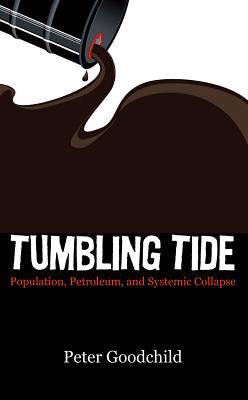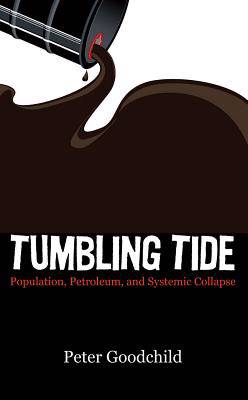
- Afhalen na 1 uur in een winkel met voorraad
- Gratis thuislevering in België vanaf € 30
- Ruim aanbod met 7 miljoen producten
- Afhalen na 1 uur in een winkel met voorraad
- Gratis thuislevering in België vanaf € 30
- Ruim aanbod met 7 miljoen producten
Zoeken
€ 23,95
+ 47 punten
Omschrijving
Our world runs on fossil fuels. It is estimated that oil production will drop to half of the peak amount around 2030. What will happen as we reach the point where there is no practical way to get whatever is still in the ground? Fossil fuels are in decline, but recoverable reserves of metals are also becoming less plentiful. Electricity will be in decline worldwide because it is produced mainly with fossil fuels. Without mechanization, irrigation, and synthetic fertilizer, yields for crops of any sort drop considerably, and famine is inevitable; it will simply not be possible to maintain a global population of the present size. Those who expect to survive and prosper will be those who have mastered the art of subsistence farming. In Tumbling Tide, Peter Goodchild examines what life will look like in the post-peak world, exploring such topics as housing, food production, education, and politics, and delivers the troubling news that solar panels and vegetable patches won't be enough. Tumbling Tide differs from similar books in the sense that it provides far more detail about the effects of peak oil in the coming decades, and examines the social effects - crime, cults, craziness, and chaos - that could stem from this crisis.
Specificaties
Betrokkenen
- Auteur(s):
- Uitgeverij:
Inhoud
- Aantal bladzijden:
- 228
- Taal:
- Engels
Eigenschappen
- Productcode (EAN):
- 9781554831081
- Verschijningsdatum:
- 28/05/2014
- Uitvoering:
- Paperback
- Formaat:
- Trade paperback (VS)
- Afmetingen:
- 127 mm x 203 mm
- Gewicht:
- 231 g

Alleen bij Standaard Boekhandel
+ 47 punten op je klantenkaart van Standaard Boekhandel
Beoordelingen
We publiceren alleen reviews die voldoen aan de voorwaarden voor reviews. Bekijk onze voorwaarden voor reviews.











